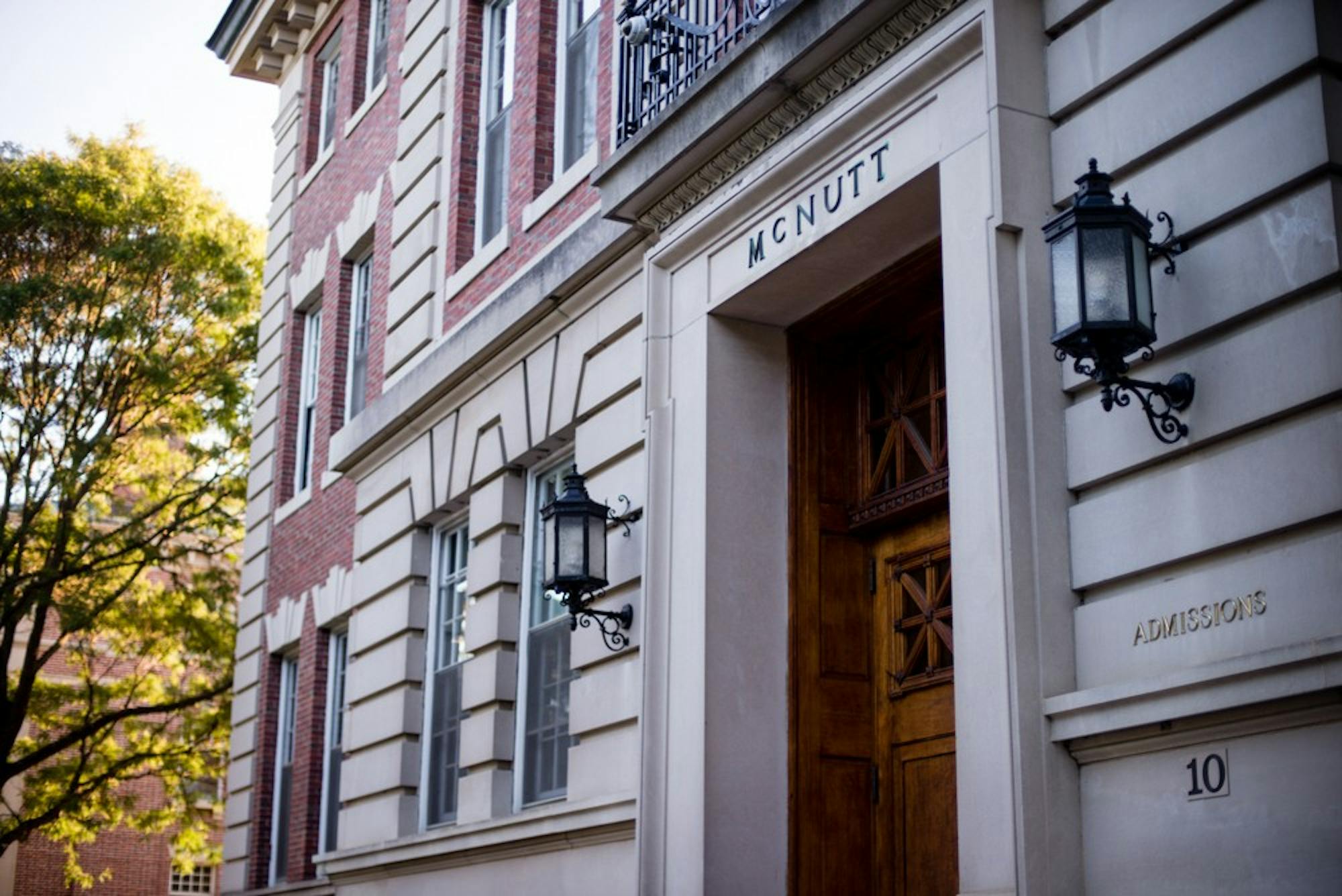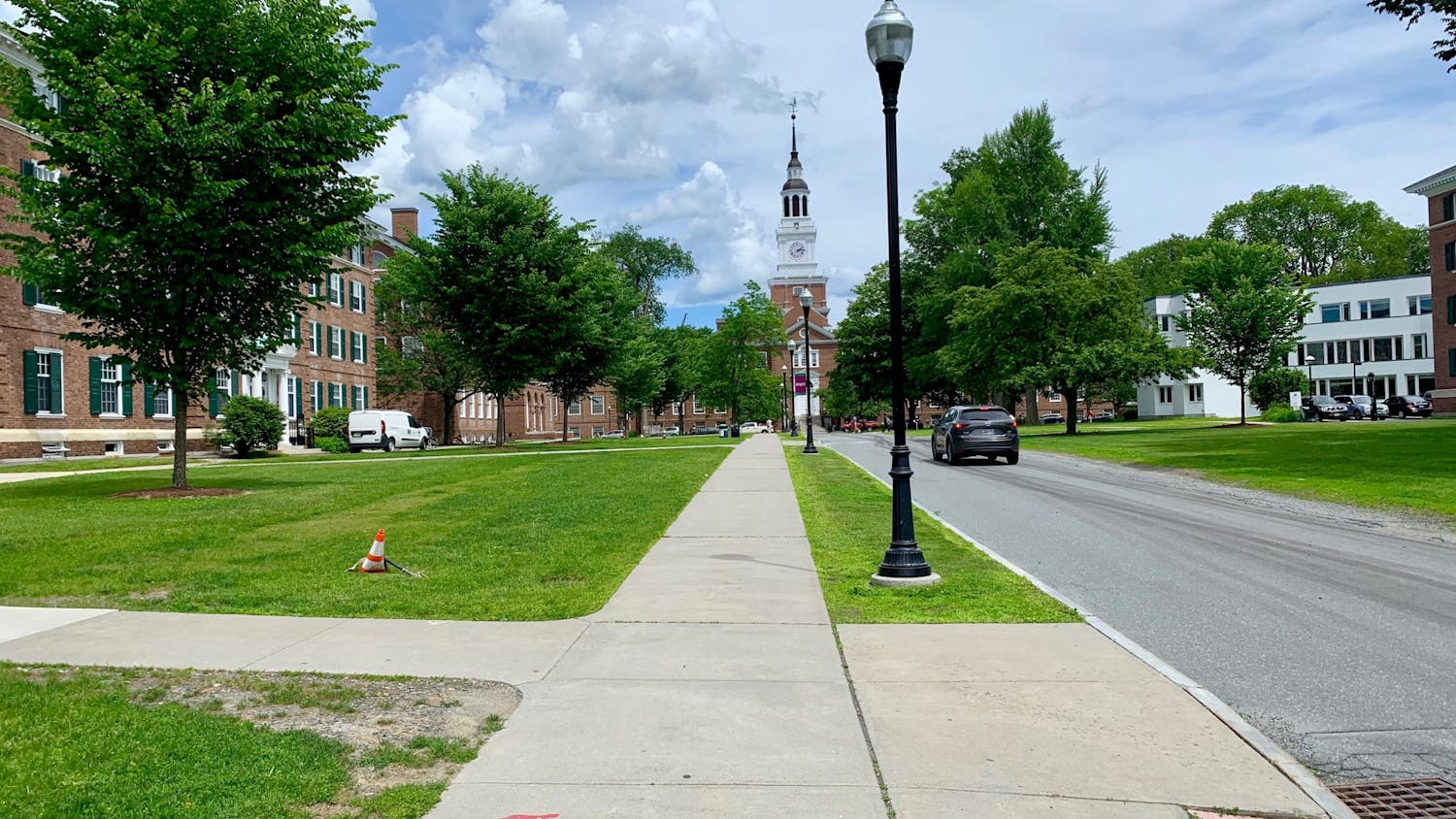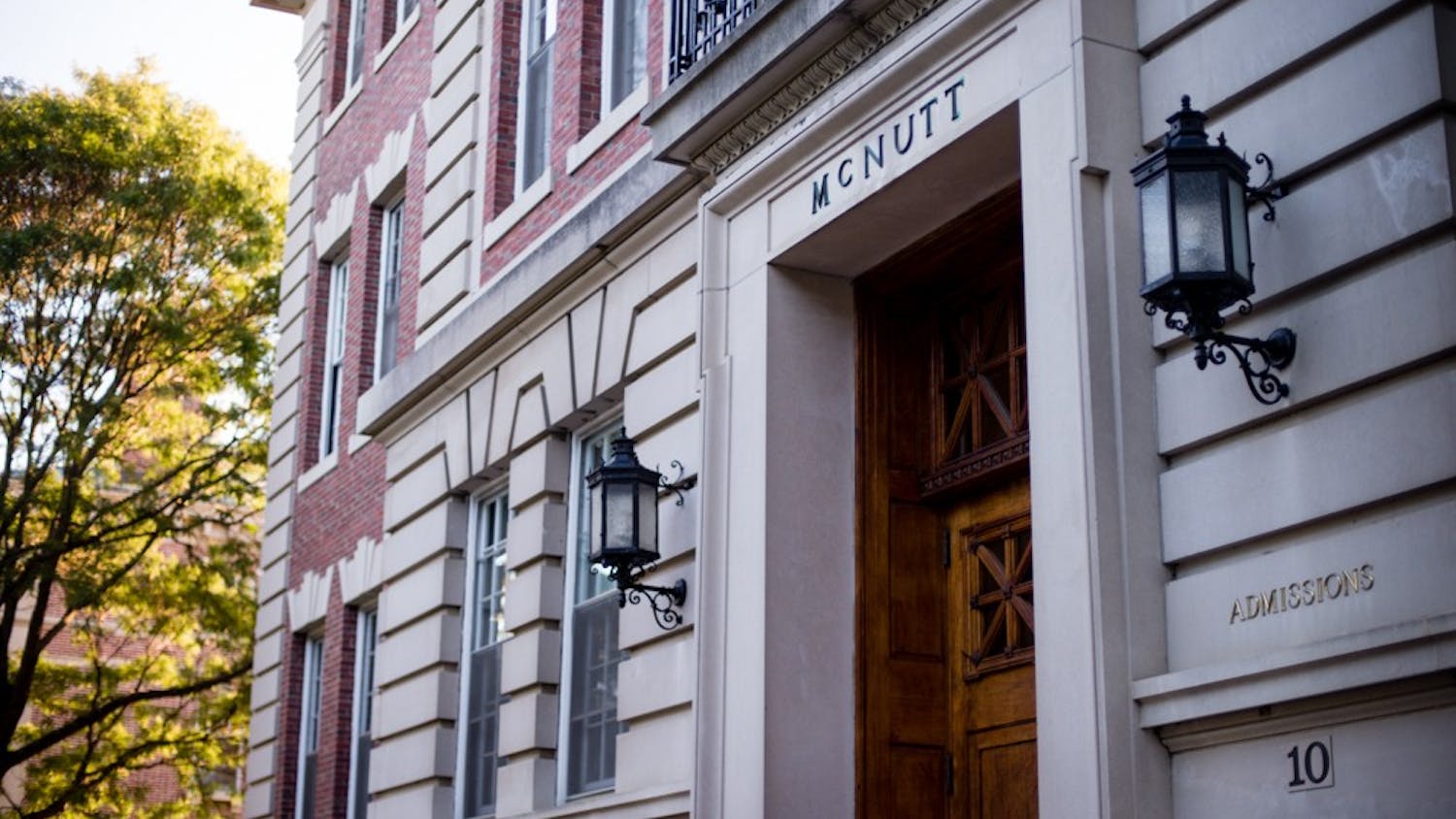Changing policies and administrative deadlines have left members of the Class of 2024 frustrated, but many who were interested in taking gap years have since finalized their plans.
Incoming students were able to defer enrollment to 2021 if they submitted a request to do so by July 20. However, the process was marked by confusion: after public statements in May that students would have flexibility in postponing enrollment, dean of admissions and financial aid Lee Coffin wrote in an June 29 email to the Class of 2024 that students who did not wish to enroll in the fall would be advised to cancel their enrollment by July 10 and reapply next year.
Two days later, however, the College clarified that it would allow students to postpone enrollment for a year or to take “a personal leave for a specific term or terms, as needed.”
It is unclear exactly what factors affected the administrative decision changes. Director of admissions Paul Sunde wrote in an email to The Dartmouth that “it is not [the admissions office’s] practice to comment on the enrolling class until after matriculation.”
Denise Lee ’25, who was originally a member of the Class of 2024 but decided to postpone her enrollment, described the decisions, as well as her personal communication with the admissions office, as stressful. Lee said she called the admissions office to ask a question about submitting her request around July 4. At the time of her call, the deadline to submit a request for enrollment deferral was July 10.
“I called [the admissions office] and they were like, ‘Oh, it might be first-come, first-served.’” Lee said. “So I was like, ‘Oh my God.’ … There's no way they're going to accept everyone's request. So I literally just submitted the next day with a really rough version of my plans and they approved me.”
The deadline was later extended to July 20, Lee said.
Renata Edaes Hoh ’25, an international student from Brazil who also decided to postpone her enrollment, said that the initial email advising students to cancel their enrollment if they did not wish to enroll in fall was “confusing” and “disappointing.”
“I felt like the email didn't address problems that international students are facing,” Edaes Hoh said. “I felt that the College kind of left us behind to kind of all deal with our problems ourselves. I was already disappointed at some points because I always saw Dartmouth in a very supportive way of international students and especially low-income students, which is my case.”
Edaes Hoh said she has since found support from the King Scholars community, which provides scholarships and assistance to students from developing nations, as well as the Brazilian international student community at Dartmouth. She was approved to take a gap year to expand her Brazil-based gender equality project, “Garotas Podem,” which is Portuguese for “girls can.”
Lee said she chose to take a gap year “completely as a result of the pandemic.” She plans to work internships at clothing companies, take a road trip with other Dartmouth students taking gap years through the Pacific Northwest, and volunteer doing farm work through a non-profit called World Wide Opportunities on Organic Farms.
“I read the really long document that explained everything for next year [at Dartmouth],” Lee said. “And everything I wrote about on my ‘Why Dartmouth?’ supplement, it's just not possible.”
Lee was concerned about the effectiveness of online classes, the lack of a traditional First-Year Trips experience and a socially isolating first term. She created a group chat for incoming ’24s to connect with one another, which she says currently has around 50 members.
Owen Seiner ’24 said that he was considering taking a gap year, but chose not to after struggling to find programs and not wanting to get a job outside of the house that could potentially put his family at risk. Seiner said that the College’s plan for the upcoming academic year is “not great, but not horrendous.”
Seiner is still concerned about the social and academic aspects of the upcoming year, especially regarding the quality of lab-based science classes.
Founder and CEO of the gap year program Global Citizen Year Abby Falik said that her organization is seeing a “boost in interest” as colleges across the country continue to change their in-person plans.
Global Citizen Year has traditionally run a fellowship program for “high potential leaders from all backgrounds to spend a year learning about themselves and the world through a deep immersion in other countries” Falik said. However, the organization chose to cancel its fellowship program in April as a result of the pandemic and instead created Global Citizen Academy, a program that includes courses that may qualify for college credit, a mentorship database to match students with professionals and a leadership speaker series.
Falik said it is difficult to compare previous years’ interest levels to this one because of the different programming offered this year, but there has been a notably higher level of interest overall in Global Citizen’s Year’s programs.
“Well, it's apples to oranges,” Falik said. “So I wouldn't even compare because we're inviting students to do something totally different from spending eight months immersed in Senegal. But the inbound inquiries are off the charts from where they've ever been.” She noted that as colleges have changed their plans in the last couples of weeks, interest has continued to climb.
Sunde did not respond to a request to share the number of students admitted to the Class of 2024 who would be postponing their enrollment.




